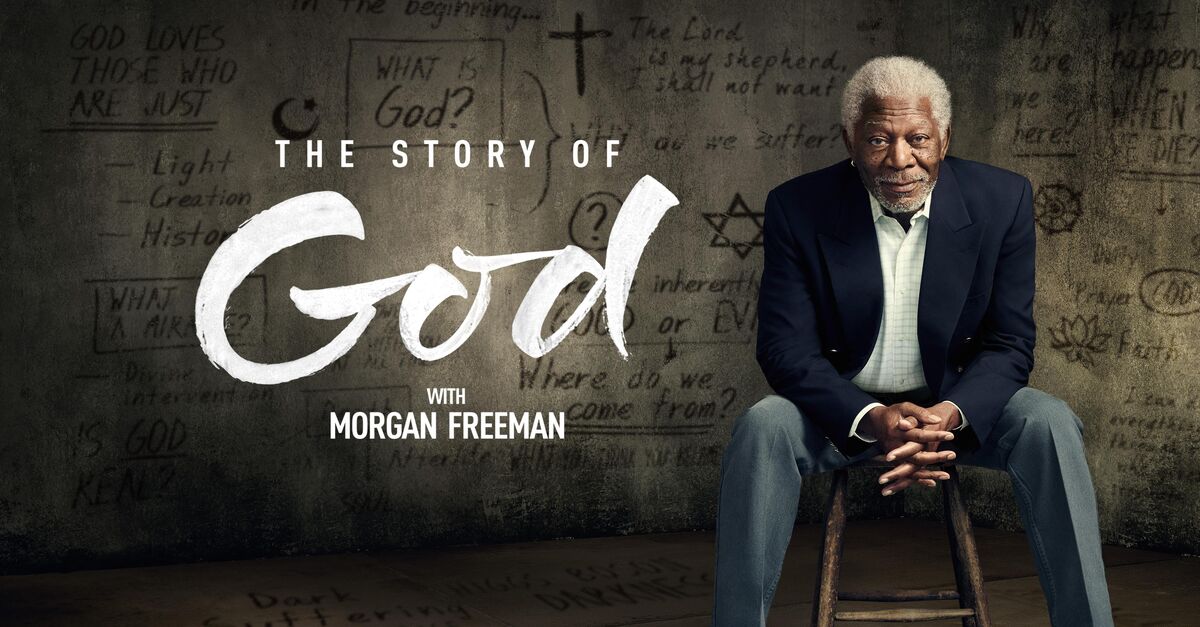
January Inclusive Recognitions
Community Engagement and Belonging (Community)
January Inclusive Recognitions
- January 1 – Emancipation Proclamation: President Lincoln declared all individuals held in slavery free on this day in 1863
- January 4 – Louis Braille’s birthday: he was a French educator who created a reading and writing system known as “braille” for the visually impaired
- January 6 – Feast of the Epiphany: this Christian feast day celebrates the star leading the three wise men to baby Jesus closing the Christmas season
- January 15 – Makar Sankranti: Hindu festival dedicated to the god of the sun, Surya
- January 16 – Martin Luther King Jr. Day: celebrates one of the best-known civil rights activists, Dr. MLK Jr
- January 17 - marks the 7th Annual National Day of Racial Healing. On this day, individuals, organizations and communities across the U.S. come together to explore their common humanity and build the relationships necessary to create a more just and equitable world
- January 22 – Lunar New Year: this festival marks the start of the new year in the lunar calendar used in East Asia, Southeast Asia and elsewhere
- January 27 – International Holocaust Remembrance Day: an international day of commemoration in memory of victims of the Holocaust. An United Nations holiday that remembers the approximately 6 million Jewish victims as well as to continue efforts to prevent further genocide.
In the month of January, we honor religions. Religion: is a collection of cultural systems, belief systems, and worldviews that relate humanity to spirituality and, sometimes, to moral values. Many religions have narratives, symbols, traditions and sacred histories that are intended to give meaning to life or to explain the origin of life or the universe
Please click on the link to learn about a few World Religions:
Comparative Religion New Year In Religious Traditions Fair
Students from the Upper School Comparative
Religions course will showcase New Year traditions in different world religions.
Join us in the main lobby for: Story-telling, Food samples, Fashion show, Arts and crafts, and more! See Flyer Below. See Kitty Lam if you have questions.
Friday, Jan 20, 2023, 11:00 AM
University Liggett School, Cook Road, Grosse Pointe Woods, MI, USA
"For me, the different religions are beautiful flowers from the same garden, or they are branches of the same majestic tree. Therefore, they are equally true, though being received and interpreted through human instruments equally imperfect." -Mahatma Gandhi
Ways to Celebrate at Home:
Martin Luther King Jr. Day Activities for Kids
There are many things to consider when teaching our children about Dr. King and the day we remember his legacy. Start by sharing why we celebrate Dr. King and what his life and actions have done to better our current world. Here are a few suggestions from our experts for children of all ages:
Read Books About Martin Luther King Jr.
So many great stories have been written to teach about Dr. King and the civil rights movement. Find a comfortable and safe way to tell Dr. King's story to your kids in an age-appropriate way by reading one of the following:
The Story of Martin Luther King Jr.: A Biography Book for New Readers by Christine Platt
I Have a Dream by Martin Luther Dr. King Jr. and illustrated by Kadir Nelson
Martin's Big Words: The Life of Dr. Martin Luther King, Jr. by Doreen Rappaport
Martin Luther King: The Peaceful Warrior by Ed Clayton
Freedom Summer by Deborah Wiles
Through My Eyes by Ruby Bridges
Watch Movies with Themes of Racial Injustice
Lessons and stories of social justice played out on film will resonate with the latest generation. They are comfortable with action and taking what they believe to be rightfully theirs. Here are a few popular movies to watch depending on your child's age:
Discuss With the Intent to Listen
Have a conversation about what you all read and watched. Explain in an age-appropriate way what life seemed like for Black children when Dr. King was alive. Ask them these open-ended questions to facilitate a deeper understanding:
What was so unique or notable about the way Dr. King encouraged people to take a stand?
What do you think the world would be like if Martin Luther King Jr. had not stood up for civil rights or helped to organize others?
If your children are younger, have the conversation and ask them to draw pictures about how it would make them feel to be treated in this way. In both instances, encourage your children to explain why the world is a better place because of Dr. King.
Why do we celebrate Dr. Martin Luther King Jr. Day?
Martin Luther King Jr. Day honors the famous American civil rights leader who dedicated his life to achieving equality for people of all colors. Although few kids would question a day off from school, some may wonder why there is an entire day devoted to one man. Dr. King's message of peace and justice touched many Americans. The national holiday that remembers him is a time to learn about history and reflect on some valuable messages that are still meaningful today.
Dr. King wrote, spoke, marched, and stood up for what he believed in. "What is unique about MLK Day compared to other federal holidays is that it is the only holiday designated as a national day of service," says Hamilton says. "MLK Day not only honors the life and work of Dr. Martin Luther King Jr., but it encourages all Americans to volunteer to improve their communities."
The holiday also serves as an opportunity to educate and demand social justice in real and tangible ways.
Dr. Martin Luther King Jr. Day Activities For Teens
Martin Luther King Jr. Day Activities for Teens:
1. Visit a museum
One of the best places to learn about history is a museum. On holidays that celebrate the achievements of an individual, it’s perhaps even more true. Look into your local museum to see what kinds of activities and exhibits are available on Martin Luther King Jr. Day. It’s likely there will be a special exhibit on display around the holiday celebrating his life.
2. Attend a library program
Some libraries may have educational programs that feature guest lecturers who have an extensive knowledge of civil rights. Look at your local library’s schedule on Martin Luther King Jr. Day. Since it is a national holiday, it’s a good idea to make sure the library is open before you head that direction.
3. Hang a wreath
There’s never a bad time to hang a wreath on your doors, but this January you can add meaning to hanging a wreath by doing so to commemorate Martin Luther King Jr. Day. Since the holiday occurs in January, include January flowers (carnations) in the wreath.
4. Watch a documentary
Check your local TV listings to see what’s airing that Monday or head to a local library to borrow a documentary yourself.
5. Volunteer with a civil rights group
While you shouldn’t limit your volunteer work to one day a year, doing it with a civil rights group on Martin Luther King Jr. Day is an effective way to remember him. Explore different options in your own community and do some volunteer work as a family this year. Volunteer Match and Equal Rights Center are both great place to start your search.
Books for Teens:
A Time to Break Silence: The Essential Works of Martin Luther King, Jr., For Students.
Introduction by Walter Dean Myers
Freedom's Children: Young Civil Rights Activitists Tell Their Stories.
Levine, Ellen.
Turning 15 on the Road to Freedom: My Story of the Selma Voting Rights March.
Leacock, Elspeth.
Lewis, John.
Walking with the Wind: A Memoir of the Movement.
Lewis, John, and D'Orso, Michael.
The Radical King (King Legacy).
West, Cornel, ed.
Dare to Dream: Coretta Scott King and the Civil Rights Movement.
Medearis, Angela Shelf.
We've Got a Job: The 1963 Birmingham Children's March.
Levinson, Cynthia.
Williams-Garcia, Rita.
“What are you doing for others: An individual has not started living until they can rise above the narrow confines of their individualistic concerns to the broader concerns of all humanity.” - Martin Luther King, Jr
to create a more just and equitable world




